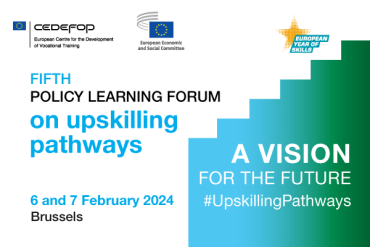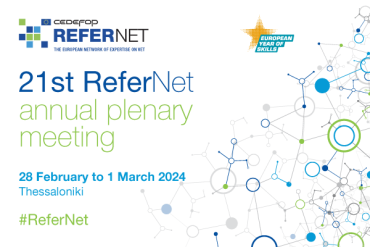|
 Dennis Radtke became a member of the European Parliament for the CDU (Christian Democratic Union of Germany) in 2017. Within Parliament, he is a member of the Committee for Employment and Social Affairs (EMPL), as well as a deputy member of the Committee on Industry, Research and Energy (ITRE). In July 2019, he was elected as coordinator of the European People's Party (EPP) for the Committee on Employment and Social Affairs. In addition to that, Radtke is a member of the delegation for relations with the Korean peninsula and a deputy member of the delegation for relations with Japan. Full CV Dennis Radtke became a member of the European Parliament for the CDU (Christian Democratic Union of Germany) in 2017. Within Parliament, he is a member of the Committee for Employment and Social Affairs (EMPL), as well as a deputy member of the Committee on Industry, Research and Energy (ITRE). In July 2019, he was elected as coordinator of the European People's Party (EPP) for the Committee on Employment and Social Affairs. In addition to that, Radtke is a member of the delegation for relations with the Korean peninsula and a deputy member of the delegation for relations with Japan. Full CV
|
|
 Jürgen Siebel – Executive Director, Cedefop Jürgen Siebel – Executive Director, Cedefop
Jürgen Siebel joined Cedefop from the private sector in September 2019 as Executive Director.
Out of Thessaloniki, Cedefop supports the development of European vocational education and training (VET) policies, skills policies, and qualifications policies, and contributes to their implementation.
As Executive Director, Jürgen is responsible for managing the Agency’s operations in accordance with the strategic direction of its tripartite Management Board.
View moreBefore joining Cedefop, Jürgen served for more than 20 years as an HR manager with global governance and business-partner responsibilities at Siemens.
Jürgen earned his MSc in Economics at the University of Hamburg, and a PhD in Business Administration from the University of Vienna.
|
|
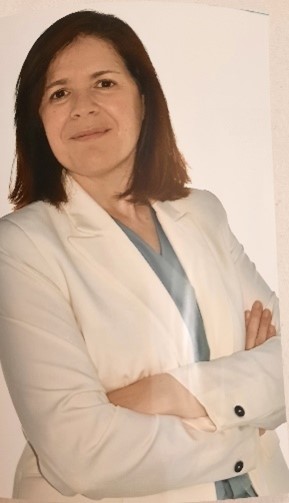 Yolanda González – Deputy Director in the Cabinet of the General Secretariat of Vocational Training, Ministry of Education, Vocational Training and Sports Yolanda González – Deputy Director in the Cabinet of the General Secretariat of Vocational Training, Ministry of Education, Vocational Training and Sports
Yolanda is Deputy Director in the Cabinet of the General Secretariat of Vocational Training in the Spanish Ministry of Education, Vocational Training and Sports. She is in charge of the management of the economic and legal cooperation with companies and entities, together with the coordination with the International Relations and Distance Education team of the General Secretariat of Vocational Training. She has been Director of the Centre for Innovation and Development of Distance Education, which develops materials for distance vocational education and training in Spanish and English, and provides distance learning for primary education, secondary education for the young and adults, and vocational training to more than 30 000 students, distributed in more than 80 countries.
View moreShe holds a degree in Mathematics from the Complutense University of Madrid and a Masters in Publishing from the University of Salamanca. In her previous professional stages she has worked as a teacher in states centres in the Community of Madrid, being part of the management team and combined this work with that of author of educational materials for students and teachers in the main Spanish publishing companies.
|
|
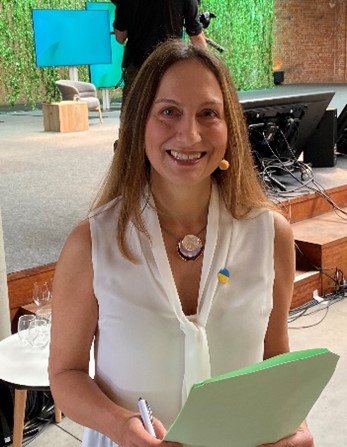 Chiara Riondino, Head of Unit – Vocational Education and Training, EMPL.B.3, European Commission Chiara Riondino, Head of Unit – Vocational Education and Training, EMPL.B.3, European Commission
Chiara Riondino is Head of Unit for vocational education and training in the Directorate-General for Employment, Social Affairs and Inclusion of the European Commission, where she is also responsible for skills for the green and digital transformation. Chiara previously worked on employment policies, focusing mainly on employment opportunities and challenges in the changing world of work, active labour market policies and fair working conditions. She also worked more broadly on taking forward the European Pillar on Social Rights. Before joining the Commission, Chiara had worked in both the private and the public sector, including as Head of Unit in the Italian Ministry of Economy and Finance.
|
|
 Loukas Zahilas – Head of the Department for VET and qualifications, Cedefop Loukas Zahilas – Head of the Department for VET and qualifications, Cedefop
Loukas Zahilas studied Chemistry and Information Technologies, and holds a PhD in educational policies (qualifications frameworks).
His more than 32 years of professional experience in education and training were mainly acquired at the Greek Ministry of Education, the University of Athens, and Cedefop.
View moreHe joined Cedefop in 2006 working initially as a senior expert on qualifications and the common EU tools, and as Head of the Department for VET and qualifications since 2014.
He is a member of Cedefop’s management team and his department’s work is based on research and analyses providing evidence on policy developments and implementation, as well as advice and support at European level.
It covers the Cedefop strategic area of ‘Shaping VET and qualifications’ aiming at improving the overall transparency, relevance, quality and inclusiveness of VET by facilitating close interaction between initial VET, continuous VET and general and higher education to serve the skills needs of all age groups at all levels.
|
|
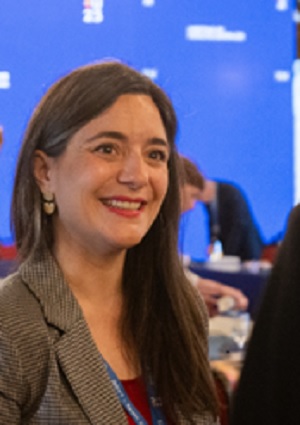 Lydia Berrocoso – Head of the International Relations Area in the General Secretariat for VET in the Spanish Ministry of Education, Vocational Training and Sports. Lydia Berrocoso – Head of the International Relations Area in the General Secretariat for VET in the Spanish Ministry of Education, Vocational Training and Sports.
Lydia Berrocoso is the Head of the International Relations Area in the General Secretariat for VET in the Spanish Ministry of Education, Vocational Training and Sports. The International Relations Area connects the General Secretariat for VET with European and international organisations seeking to develop initiatives linked to vocational training at international level.
View moreLydia’s previous VET experience comes from the Erasmus+ Spanish National Agency, SEPIE, where she worked for 3 years in the VET unit. Before that, she worked as secondary and VET teacher in State high schools in the region of Madrid.
|
|
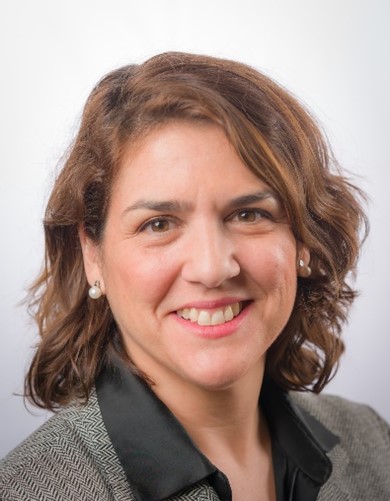 Carmen Bermúdez – Education Counsellor at the Permanent Representation of Spain to the European Union Carmen Bermúdez – Education Counsellor at the Permanent Representation of Spain to the European Union
Carmen Bermúdez works as Education Counsellor at the Permanent Representation of Spain to the European Union. She has participated in the negotiation of relevant initiatives in the Education Committee and has witnessed the process laying the foundations of the European Education Area. She previously held positions of responsibility in the Ministries of Education and Vocational Training regarding the management of scholarships and study grants.
|
|
 Koen Nomden – Team leader, Skills and qualifications transparency and recognition, EMPL.B.2, European Commission Koen Nomden – Team leader, Skills and qualifications transparency and recognition, EMPL.B.2, European Commission
Koen Nomden is currently team leader for ‘Transparency and recognition of skills and qualifications, in the Skills Agenda Unit of the European Commission (DG Employment, Social Affairs and Inclusion). He entered the European Commission in 2003 and has been working on topics such as qualifications frameworks, digital credentials, validation of non-formal and informal learning, career guidance and career guidance. Other positions he held within the European Commission include that of Erasmus Mundus programme manager, and of policy officer in charge of setting up a European Executive Agency in charge of implementing programmes in education, training, culture and media.
|
|
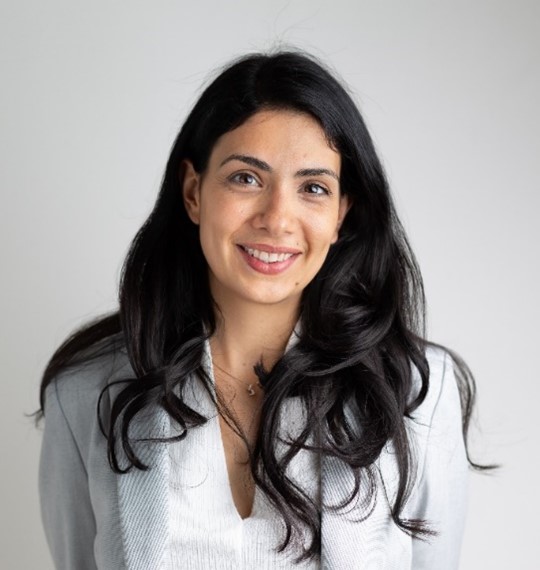
Zelda Azzarà – Expert, Cedefop
Zelda Azzarà has been a Cedefop expert in the Department for VET and qualifications since 2021. She works on qualifications and EU transparency tools and principles, particularly within the context of the European and national qualifications frameworks and learning outcomes approach. Currently, she is responsible for the project on transparency and transferability of learning outcomes.
View morePreviously, she worked at the European Commission, DG Employment and Social Affairs, where she was responsible for supporting the implementation of the EQF, including EQF Advisory Group activities, and was involved in initiatives related to Europass, validation of non-formal and informal learning, ESCO, and the Skills Agenda. Before that, she worked as a researcher, including in university. She holds a master degree in Political Science and International Relations from LUISS University, Rome, Italy.
|
 Carita Blomqvist – Seconded National Expert, Cedefop
Carita Blomqvist is seconded national expert at Cedefop, Department for VET and qualifications since September 2023. In the past she worked as the Head of Unit (Recognition of qualifications and language competencies) in the National Agency for Education in Finland, with responsibilities including: competent authority as well as contact point in the professional recognition of qualifications, National Information Centre for Academic Recognition (ENIC/NARIC), and the Coordination Point for European and national qualifications frameworks.
View moreShe filled several international roles, including as the Finnish representative in the EQF Advisory Group and the Group of Coordinators for the EU Professional Qualifications Directive. She served as the President of the Lisbon Recognition Convention Committee and was in the drafting committee for the UNESCO Global Convention on the recognition of qualifications. She holds a doctorate in Administrative Sciences from the University of Tampere.
|
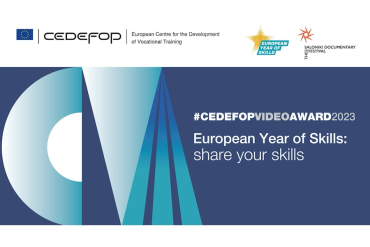
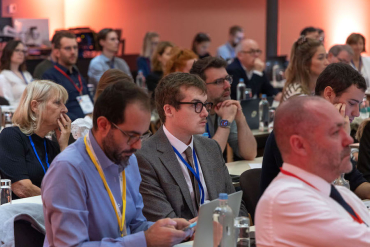
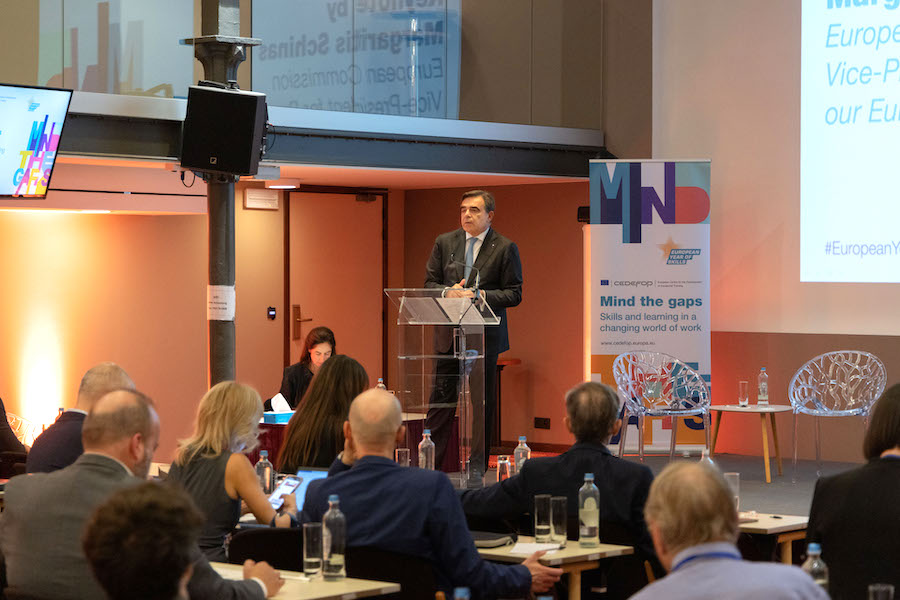
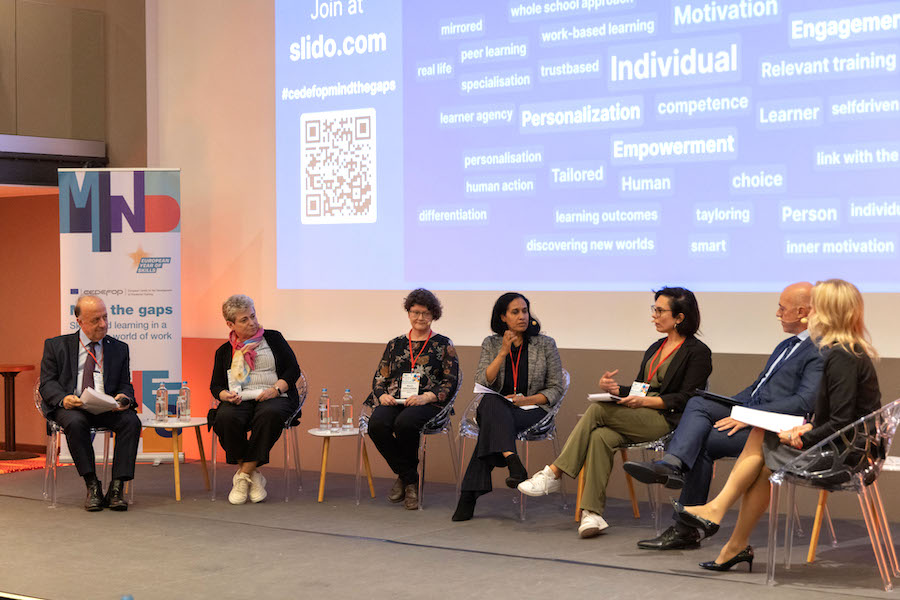

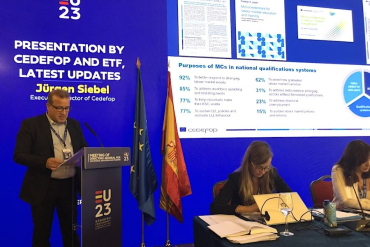
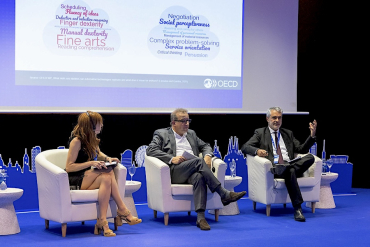
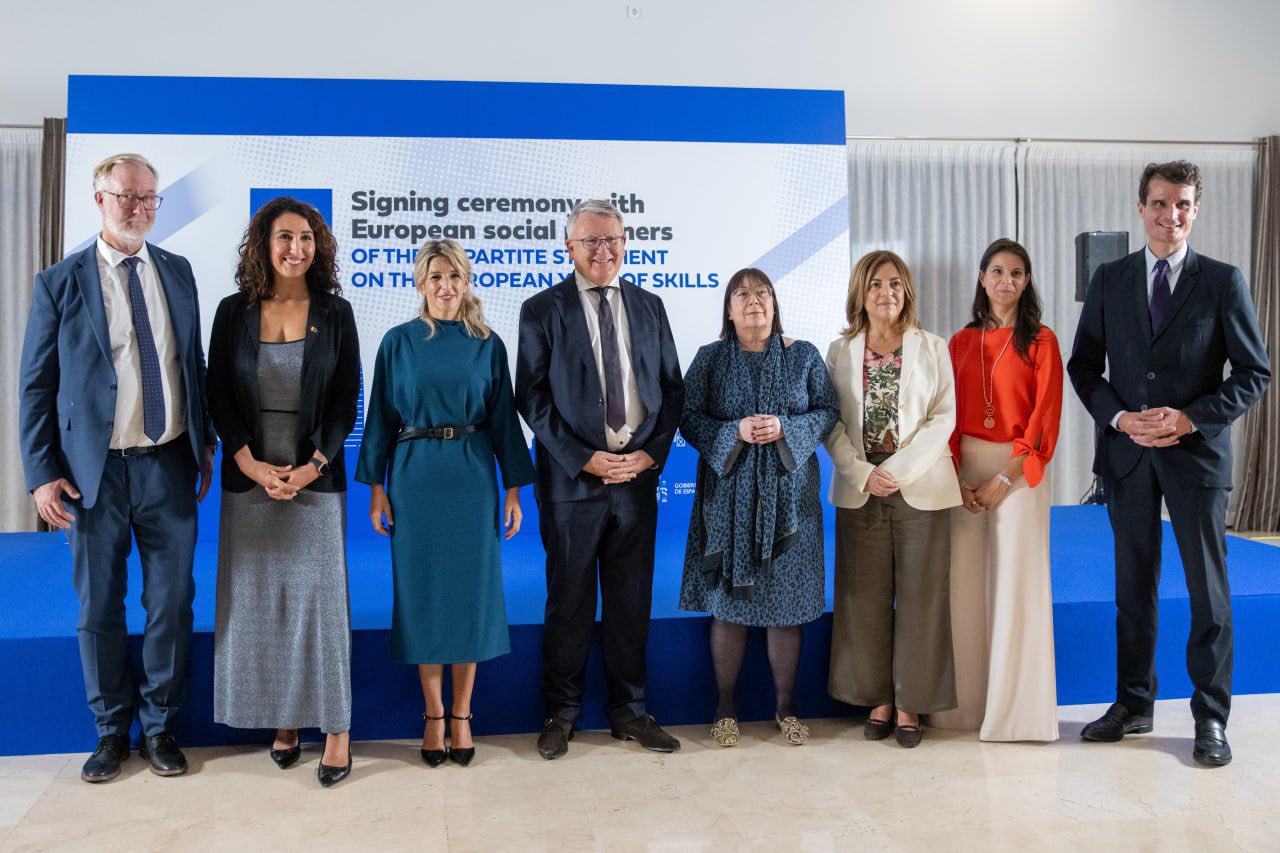

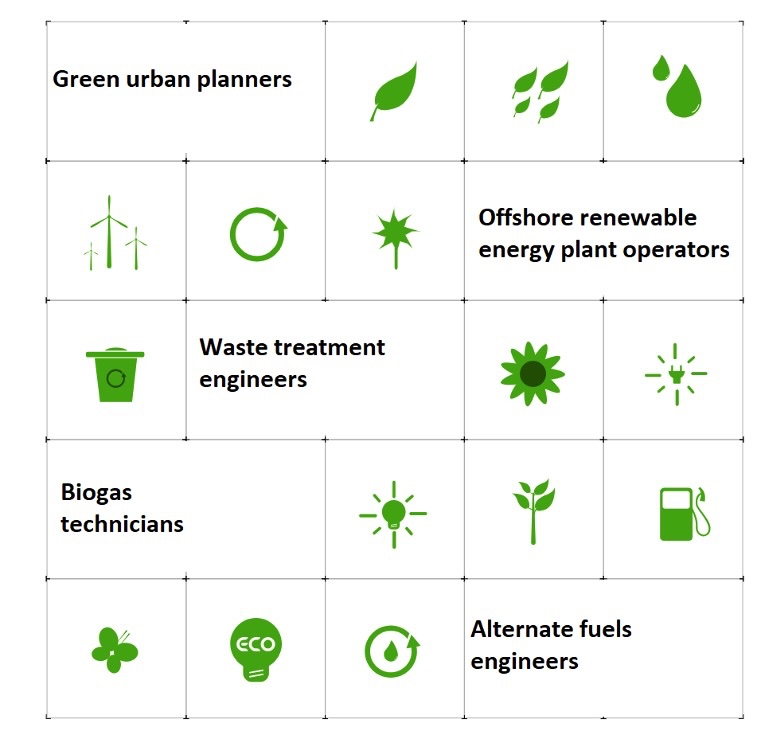

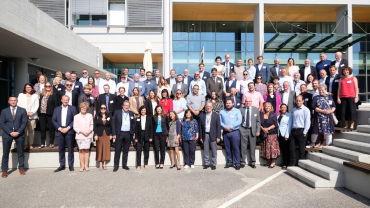
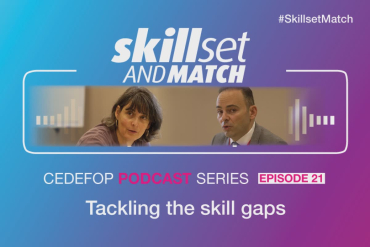


 Spotify
Spotify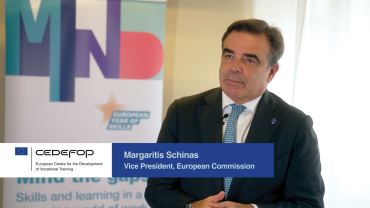
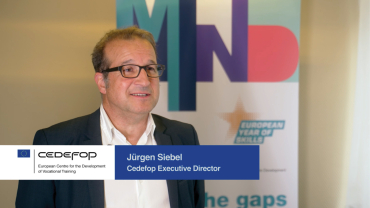
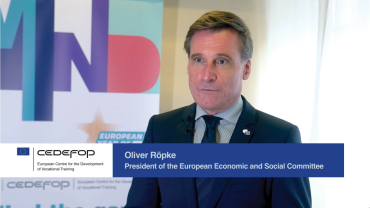
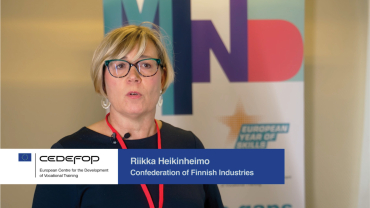
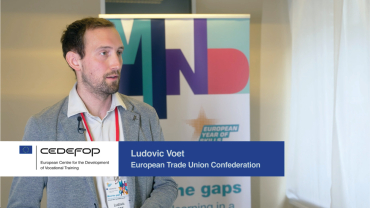
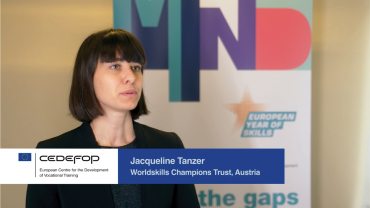
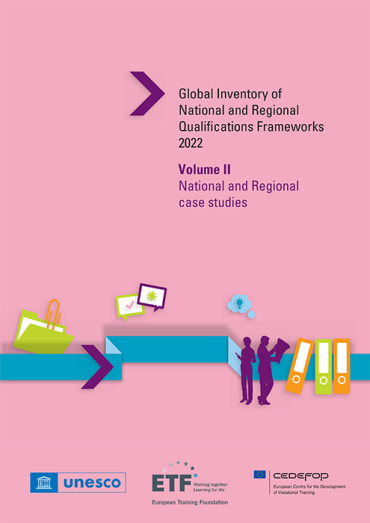
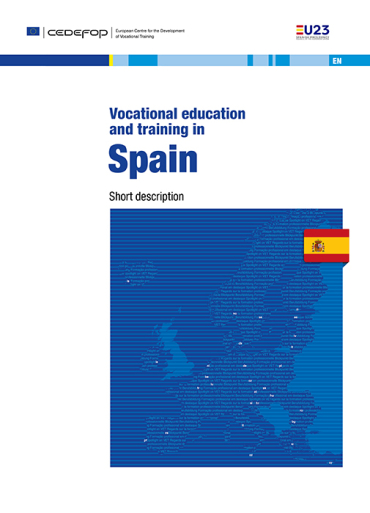
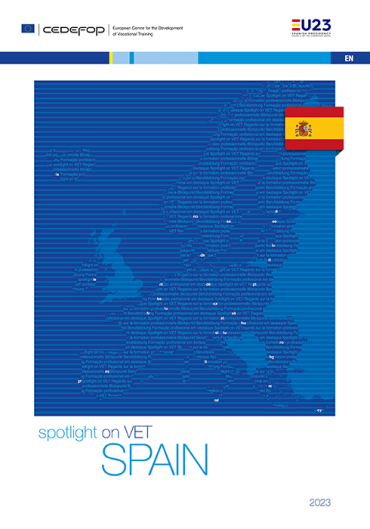
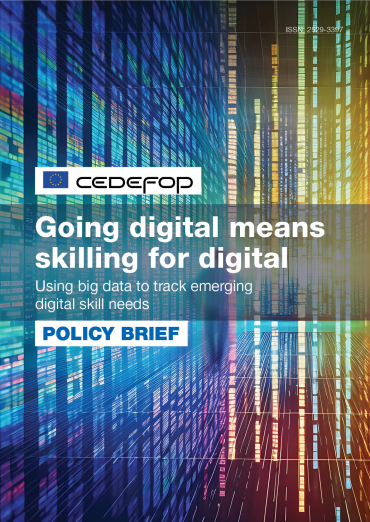
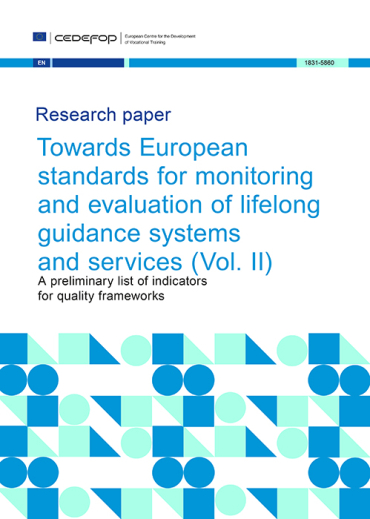
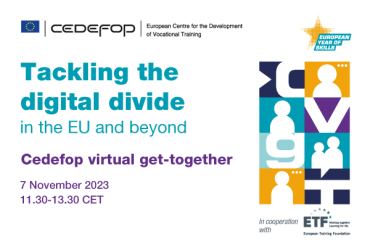
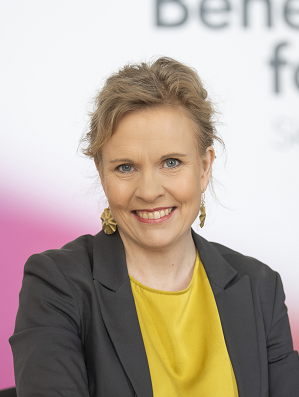 Pilvi Torsti is the Director of the European Training Foundation.
Pilvi Torsti is the Director of the European Training Foundation. Jürgen Siebel, Executive Director of Cedefop, joined Cedefop from the private sector in September 2019.
Jürgen Siebel, Executive Director of Cedefop, joined Cedefop from the private sector in September 2019.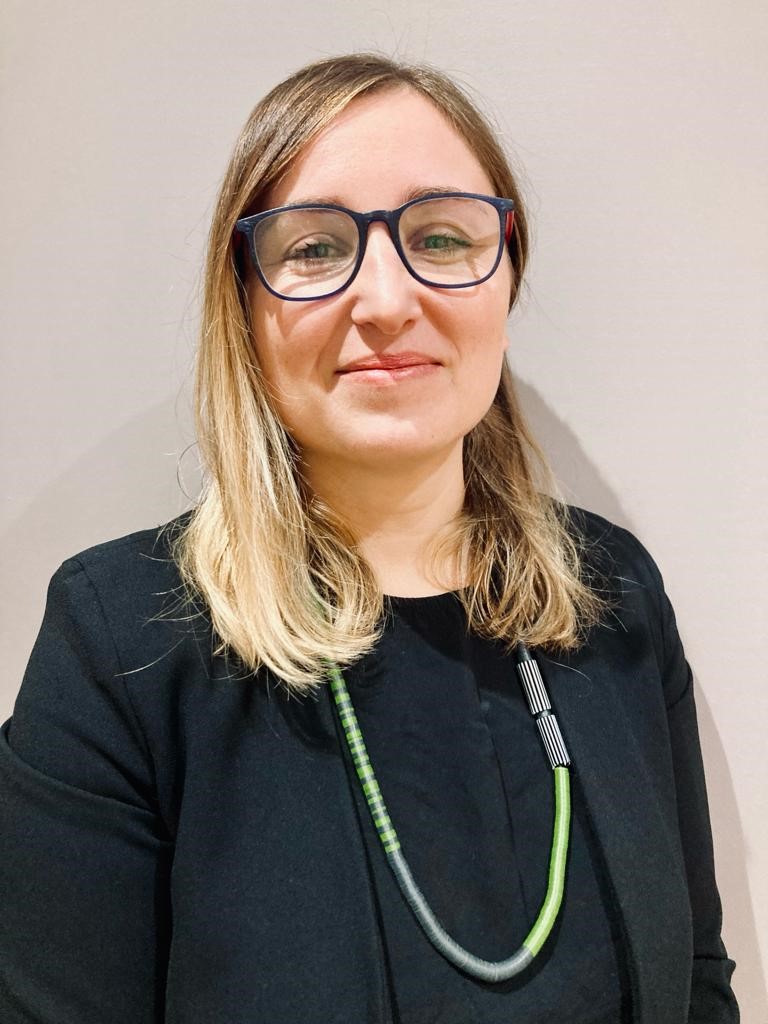 Eva Jansova is a Human Capital Development and Labour Market Expert at the European Training Foundation in Turin.
Eva Jansova is a Human Capital Development and Labour Market Expert at the European Training Foundation in Turin. Ken Mayhew, Emeritus Professor of Education and Economic Performance, Oxford University; Emeritus Fellow in Economics, Pembroke College, University of Oxford; Extraordinary Professor, Maastricht University; Director, Centre for Tutorial Teaching.
Ken Mayhew, Emeritus Professor of Education and Economic Performance, Oxford University; Emeritus Fellow in Economics, Pembroke College, University of Oxford; Extraordinary Professor, Maastricht University; Director, Centre for Tutorial Teaching. 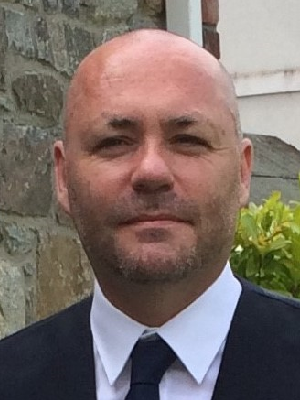 Seamus McGuinness is a Research Professor and the Research Area Co-ordinator for labour market research at the Economic and Social Research Institute.
Seamus McGuinness is a Research Professor and the Research Area Co-ordinator for labour market research at the Economic and Social Research Institute. Konstantinos Pouliakas is an Expert on Skills and Labour Markets at Cedefop.
Konstantinos Pouliakas is an Expert on Skills and Labour Markets at Cedefop.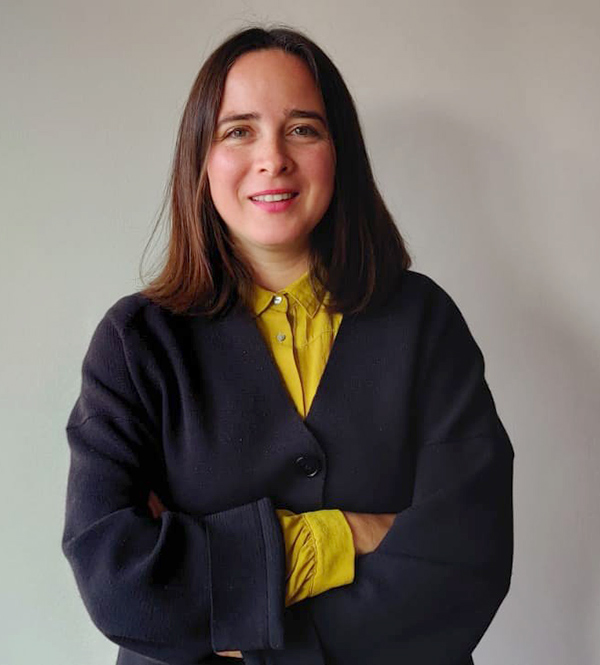 Fanny Serée works in DG NEAR since 2019 where she provides thematic expertise and advice on Human Capital Development, Employment, Social protection and Youth to geographical units of DG NEAR so as to feed the policy dialogue with partner countries and support the programming of EU assistance.
Fanny Serée works in DG NEAR since 2019 where she provides thematic expertise and advice on Human Capital Development, Employment, Social protection and Youth to geographical units of DG NEAR so as to feed the policy dialogue with partner countries and support the programming of EU assistance.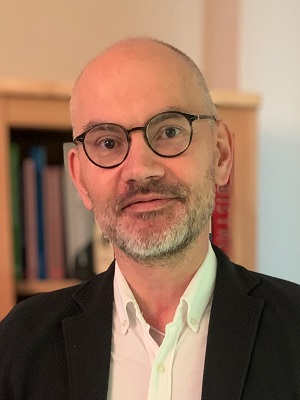 Jasper Van Loo is coordinator of Cedefop’s department for VET and Skills.
Jasper Van Loo is coordinator of Cedefop’s department for VET and Skills.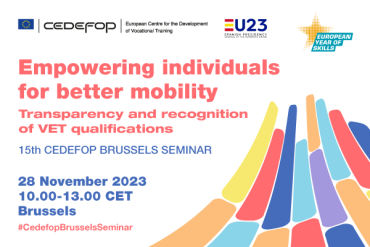
 Dennis Radtke became a member of the European Parliament for the CDU (Christian Democratic Union of Germany) in 2017. Within Parliament, he is a member of the Committee for Employment and Social Affairs (EMPL), as well as a deputy member of the Committee on Industry, Research and Energy (ITRE). In July 2019, he was elected as coordinator of the European People's Party (EPP) for the Committee on Employment and Social Affairs. In addition to that, Radtke is a member of the delegation for relations with the Korean peninsula and a deputy member of the delegation for relations with Japan.
Dennis Radtke became a member of the European Parliament for the CDU (Christian Democratic Union of Germany) in 2017. Within Parliament, he is a member of the Committee for Employment and Social Affairs (EMPL), as well as a deputy member of the Committee on Industry, Research and Energy (ITRE). In July 2019, he was elected as coordinator of the European People's Party (EPP) for the Committee on Employment and Social Affairs. In addition to that, Radtke is a member of the delegation for relations with the Korean peninsula and a deputy member of the delegation for relations with Japan.  Yolanda González – Deputy Director in the Cabinet of the General Secretariat of Vocational Training, Ministry of Education, Vocational Training and Sports
Yolanda González – Deputy Director in the Cabinet of the General Secretariat of Vocational Training, Ministry of Education, Vocational Training and Sports Chiara Riondino, Head of Unit – Vocational Education and Training, EMPL.B.3, European Commission
Chiara Riondino, Head of Unit – Vocational Education and Training, EMPL.B.3, European Commission  Loukas Zahilas – Head of the Department for VET and qualifications, Cedefop
Loukas Zahilas – Head of the Department for VET and qualifications, Cedefop Lydia Berrocoso – Head of the International Relations Area in the General Secretariat for VET in the Spanish Ministry of Education, Vocational Training and Sports.
Lydia Berrocoso – Head of the International Relations Area in the General Secretariat for VET in the Spanish Ministry of Education, Vocational Training and Sports.  Carmen Bermúdez – Education Counsellor at the Permanent Representation of Spain to the European Union
Carmen Bermúdez – Education Counsellor at the Permanent Representation of Spain to the European Union Koen Nomden – Team leader, Skills and qualifications transparency and recognition, EMPL.B.2, European Commission
Koen Nomden – Team leader, Skills and qualifications transparency and recognition, EMPL.B.2, European Commission

